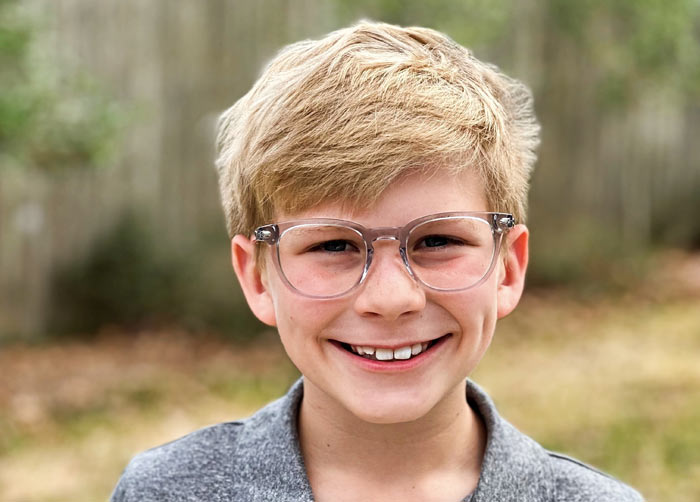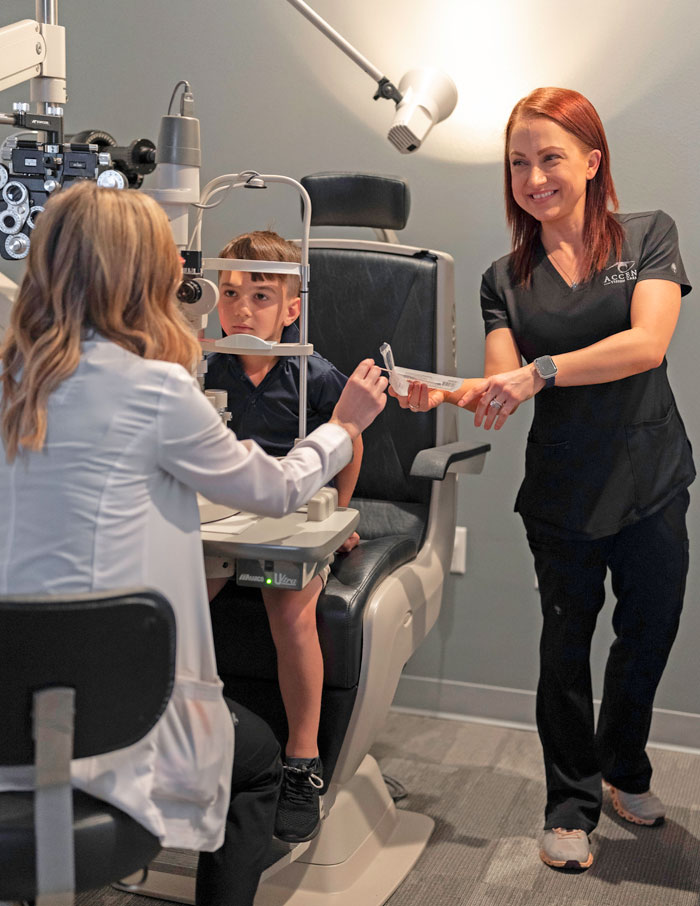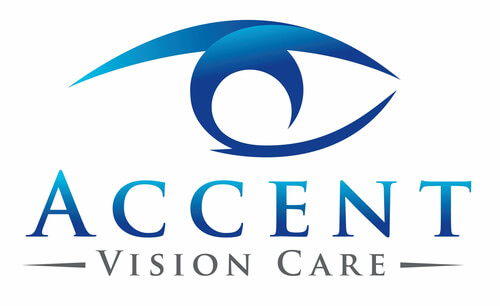Pediatric Eye Exam


Just like adults, children can also experience many eye health issues and vision problems. To detect these issues early in a child’s life, a children’s eye exam is essential. Getting proper care will help prevent problems from advancing as the child ages. At our eye care center in Gonzales, we offer children’s eye care services to examine, diagnose, and treat the eye health needs of children in grades K-12.
When Should Your Child See an Optometrist?
Children—and especially young children—are not always able to communicate about problems with their sight, making eye health issues challenging to detect. Problems that go undiagnosed can be progressive and have the potential to negatively impact a child’s life as they grow up. As such, it is important for your child to see an eye doctor regularly for pediatric eye exams.

Signs your child should see a kid’s eye doctor:
- Frequent blinking, squinting, or irregular eye movements
- Frequently turning or tilting their head
- Covering or closing one eye to see better
- Poor hand-eye coordination
- Frequently touching their eyes
- Frequent headaches
- Leaning in too close to see something
- Learning difficulties
Your child could be experiencing vision problems if they exhibit these behaviors. A pediatric eye exam will help determine the cause and available treatment options. Delaying care may cause your child more serious or even permanent damage, so we recommend seeking care right away.
What Is a Comprehensive Pediatric Eye Exam?
The pediatric eye exams we offer at Accent Vision Care will detect eye defects and vision impairment in your child. We also assess your child’s risk for developing eye conditions later in life. When you visit our vision care center, our optometrists will conduct a pediatric eye exam with your child to better understand their eye health and vision needs. Based on the information gained from that exam, they will then make an accurate diagnosis of any abnormalities or vision problems present.
Many parents rely on eye exams conducted at school to inform them about their children’s eye health, but it’s important to note that our exams are far more in-depth and comprehensive than those offered at school or a pediatrician’s office. Exams conducted by schools and pediatricians screen for potential vision problems, but they cannot diagnose or treat them. A school or pediatrician will most often direct you to an optometrist for a thorough examination if an issue is suspected.
We urge parents to be proactive about their child’s eye health and get their child’s eyes checked regularly. Early diagnosis can prevent future eye health complications and improve the child’s quality of life greatly. To set up your child’s pediatric eye exam at our office in Gonzales, contact us today.
Frequently Asked Questions
When should my child's eyes be examined?
Dr. Uong recommends a comprehensive eye exam for your child at the age of 4 if they are asymptomatic and there is no eye misalignment present (we provide eye exams for children in grades K-12). It is important to bring your child in for a comprehensive eye exam yearly to make sure their eyes and vision are developing normally.
An eye exam at an earlier age may be necessary if your child is at higher risk for developing vision problems, if an eye misalignment is apparent, or if an eye problem was detected by the pediatrician.
Will sitting too close to the television set hurt my child's eyes?
Dr. Harris says that sitting too close to the television usually will not cause any immediate, permanent harm to a child’s eyes, it can create temporary eye strain and increase the likelihood that a child will become nearsighted. Our eyes are relaxed when focused at a distance. Our eye muscles are contracted when looking up close, like lifting weights. Children can usually focus up close much better than adults. If your child is staring at the TV screen for a long period of time there is a tendency for them not to blink, so encourage them to take breaks and focus in the distance.
Is my child likely to inherit my need for glasses?
Dr. Lamendola says that kids can definitely inherit their parents’ vision. For instance, a child has a 33% chance of being myopic (nearsighted) if one parent has myopia. The good news is that we offer myopia management to slow the progression of nearsightedness in children.
What is Myopia Control?
Various forms of myopia control help slow or stop the progression of myopia, preventing nearsightedness from getting worse. One form of myopia control treatment is available through MiSight® contacts, the first and only soft contact lenses that are FDA approved to slow the progression of myopia in children age 8-12 at the start of treatment. Approval from the Food and Drug Administration (FDA) means that the lenses have been tested over a long period and have met all the safety requirements established.
At Accent Vision Care, we are certified providers of MiSight®1 Day contact lenses. This form of myopia management is safe and proven to be effective. Kids ages 8-12 wearing MiSight® 1-day contact lenses experienced an average of 59 percent reduction of myopia progression when used over three years.²
Myopia Control in Gonzales
Interested in learning more about myopia management? Schedule an eye exam for your child at our Gonzales eye care center and let us know you want to learn more about myopia control and MiSight®1 Day for Myopia Control contact lenses. Our optometrists will examine your child’s eyes and present suitable next steps for their needs.
Sources:
- WHO – The Impact of Myopia and High Myopia
- Cooper Vision- Learn About Myopia

